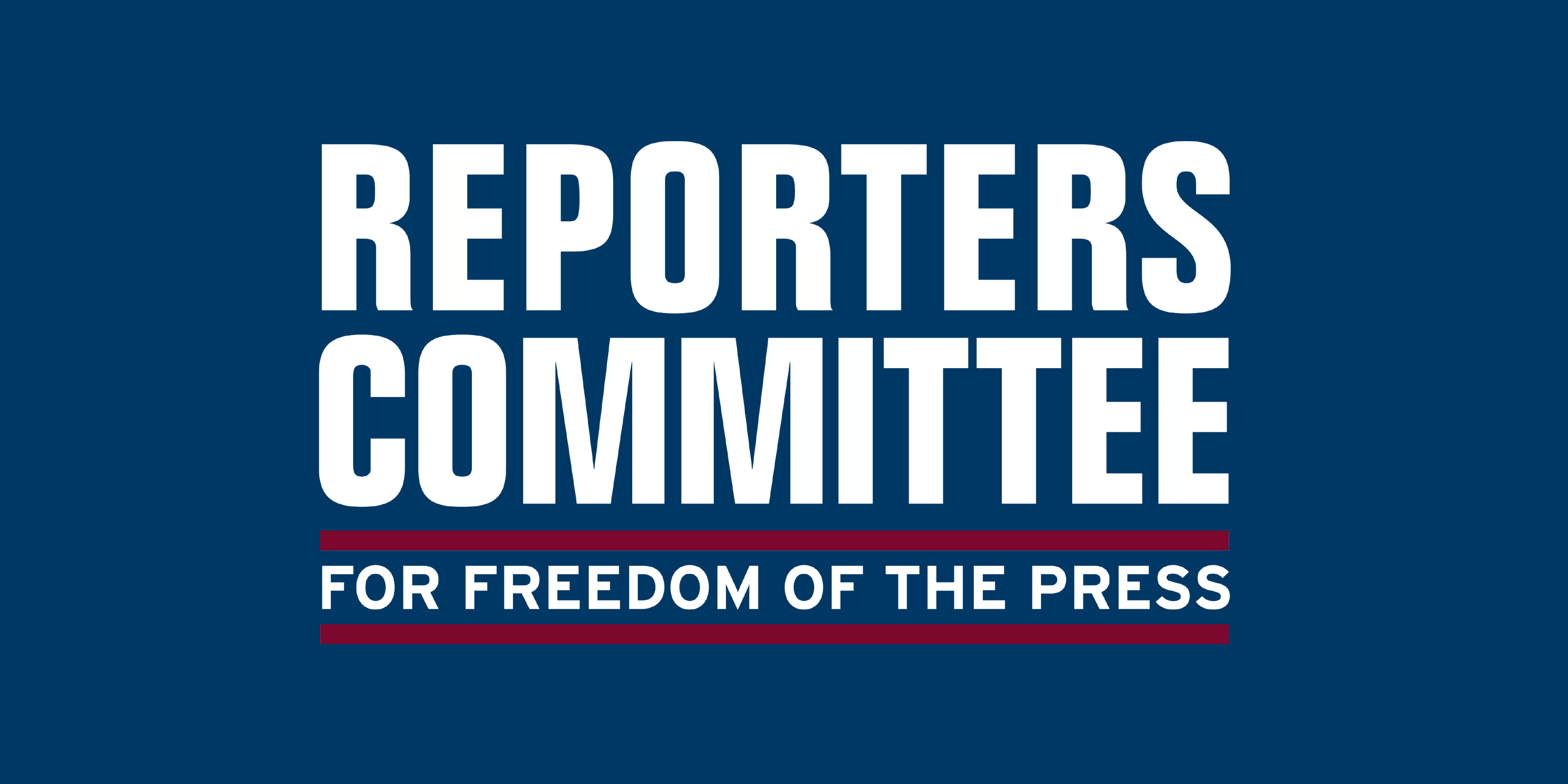A journalist’s guide to using RCFP’s Legal Hotline

Since the Reporters Committee’s founding in 1970, our Legal Hotline has become a key component of our work providing free legal support to journalists nationwide. This blog post offers important information about the Legal Hotline, including when journalists should use it, and what they should expect when they do.
When to contact the hotline
Journalists can use the Reporters Committee’s Legal Hotline to ask for assistance with a wide variety of media law and press freedom issues, including routine newsgathering questions (Can I record this conversation? Can I get these public records?) and responding to legal issues (libel lawsuits and threats, subpoenas, etc.). But the Legal Hotline is especially useful for journalists in crisis.
That’s often the case when reporters are covering protests, which sometimes become violent and can occasionally lead to mass arrests of protesters and journalists. When journalists contact the Legal Hotline before heading to a protest, our attorneys share the Reporters Committee’s tip sheet for covering protests and help them find local criminal defense counsel to be available in case they are arrested.
When journalists are arrested at protests, Reporters Committee attorneys lobby law enforcement to get them released quickly. We help them find criminal defense counsel to get charges dismissed. We also help journalists find civil rights counsel to help them litigate civil rights claims.
Journalists covering protests should also consider calling the Legal Hotline if a police officer demands to seize their camera or search their notes — actions that pose an immediate and serious threat to newsgathering and reporting.
An expanded hotline is also available for reporters covering major political events, including elections and party conventions. During the 2020 general election, the Reporters Committee teamed up with attorneys in 12 battleground states to field hotline questions from journalists reporting on the election.
How to contact the hotline
In the event of an emergency outside of normal business hours (Monday-Friday, 9 a.m.-5 p.m. ET), journalists can — and should — call the Legal Hotline at 1-800-336-4243. An answering service will screen the call before directing it to the appropriate attorney.
For all other requests, journalists should fill out an online form that routes their inquiries directly to the appropriate legal fellow.
The online form can be marked urgent if the matter is time-sensitive. But regardless of whether the form is marked urgent, legal fellows typically respond to questions as soon as possible that day.
Reporters Committee attorneys advise journalists not to submit confidential information through the Legal Hotline. And while the hotline is available to answer questions about the broad spectrum of press freedom issues, our attorneys are not able to handle questions about intellectual property (such as copyright and trademarks), labor and employment, or contract matters.
What to expect when you contact the hotline
After fielding an inquiry, Reporters Committee attorneys discuss the general legal landscape and, if necessary, help journalists seek legal representation.
The hotline is not intended as a tool to provide legal advice, but attorneys working on the hotline can speak generally about legal issues and refer journalists to the Reporters Committee’s legal guides, which offer guidance on everything from covering elections and protests to accessing public records and government meetings.
The Legal Hotline also does not create an attorney-client relationship, although Reporters Committee attorneys keep hotline matters confidential.
Reporters Committee attorneys sometimes take on hotline cases themselves. But attorneys working on the hotline typically put journalists in touch with local attorneys who often provide legal services for free or at a discounted rate.
The Reporters Committee regularly files friend-of-the-court briefs and its attorneys represent journalists and news organizations pro bono in court cases that involve First Amendment freedoms, the newsgathering rights of journalists and access to public information. Stay up-to-date on our work by signing up for our monthly newsletter and following us on Twitter or Instagram.